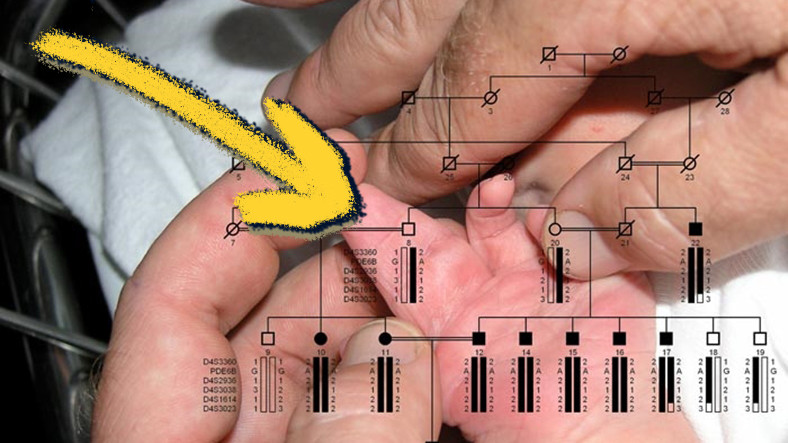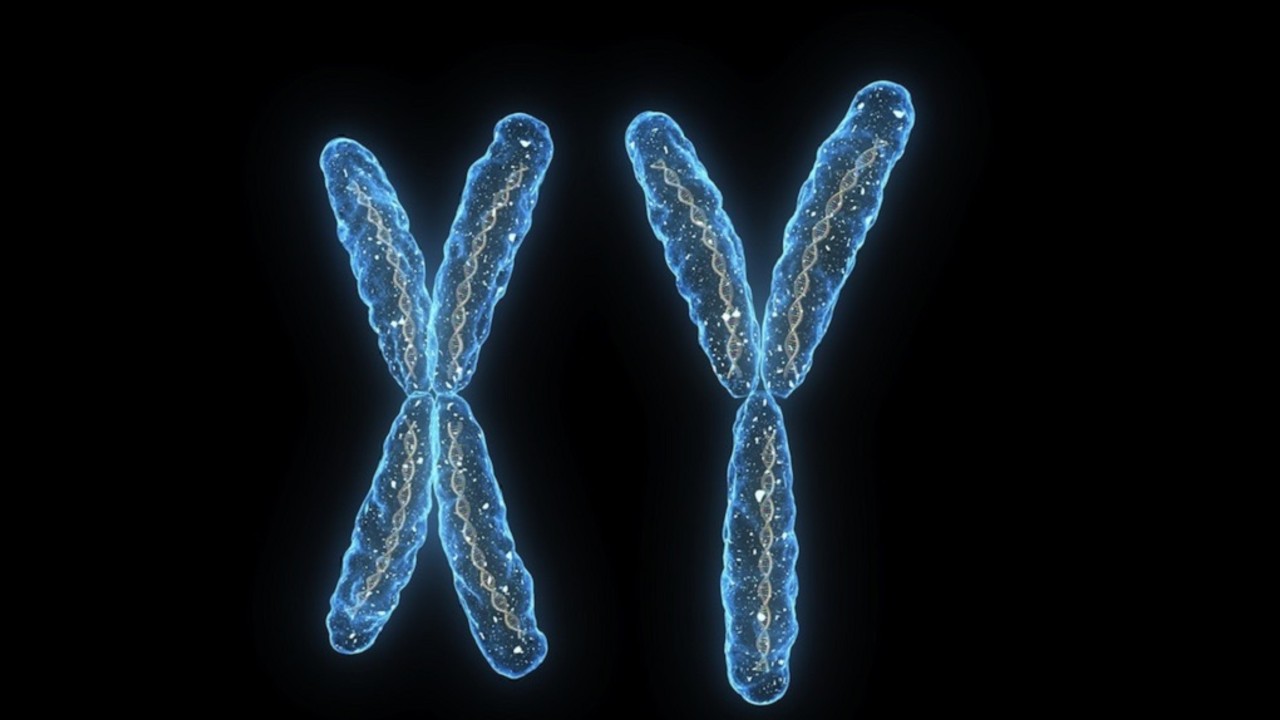Why Consanguineous Marriages Cause Sick Children?
- September 3, 2023
- 0
Consanguineous marriage is the name given to the marriage of people related by blood relatives. A married couple whose mother or father is a sibling Consanguineous marriage in
Consanguineous marriage is the name given to the marriage of people related by blood relatives. A married couple whose mother or father is a sibling Consanguineous marriage in

Consanguineous marriage is the name given to the marriage of people related by blood relatives. A married couple whose mother or father is a sibling Consanguineous marriage in the 1st degree Although given the name, it involves the marriage of a couple whose grandparent is a sibling. Consanguineous marriage in the 2nd degree is called.
While these types of marriages, which are considered taboo around the world and banned in many countries, have been common throughout history, they are extremely dangerous for the birth of the child. found in genetics There is a high risk of transmitting hereditary diseases to the child. Let’s take a closer look at why children born of these kinds of marriages cause certain diseases.

According to studies, miscarriages, stillbirths and loss of newborns due to consanguineous marriages are twice as high as normal marriages. At the same time, this kind of marriage increases the risk of birth defectsIt also causes autosomal recessive diseases in newborns.

Before moving on to why consanguineous children often have a genetic disease, genes that two parents pass on to their children We need to take a closer look.
Hereditary diseases occur due to mutations in genetics, and two-dose mutations in this hereditary material called a gene (recessive gene), autosomal recessive diseases leads to

Due to this bond and in consanguineous marriages, persons who are consanguineous also share common genetic characteristics. probability that two recessive genes coincidemore than normal marriages.
In this case, which is entirely related to blood, there is a hereditary disease in the individuals in the family tree, even though the parents are not sick. this gene directly to the unborn child they can transfer.

Let’s give an example of cystic fibrosis, which affects the mucus and sweat glands in the digestive, respiratory, and manufacturing systems from birth. This disease is caused by a mutation in the CFTR gene and can lead to excessive fluid loss, various heart diseases, diabetes and even infertility. with two identical mutated genes must.
In cases where one parent is only a carrier and there is no such disease in the genetics of the other side, there is no possibility of the child being born with cystic fibrosis. But even if both partners are carriers alone, this gene inherited directly to the child with a probability of 50% passes.
Another disease that we can give an example in this area is one that causes severe mental retardation. phenylketonuria. A child with phenylketonuria, a familial disease, has two genes in his parents, one normal and one mutated. If this disease is present in the family tree of consanguineous marriages, born child inherits two recessive genes and was born with congenital phenylketonuria.

Children born from consanguineous marriages have a high risk of hereditary diseases, but it is also possible that the child will be born healthy. To be sure, parents Before you decide to have a child, you must first undergo a pedigree check needs.
Experts, mother and father are candidates for this check including 4 generations examines the family tree. If there is any risk in the resulting family tree, parents should be warned. At the same time, if the mother and the father-to-be come from an area where consanguineous marriages are common and recessive genes are common Tsubject to search tests.

There are many types of autosomal recessive diseases, but these are among the most common conditions resulting from consanguineous marriages. developmental disability, mental retardation, cystic fibrosis and multiple system disease is located.
Also in marriages between cousins The risk of miscarriage is much higher than in normal pregnant women. And let’s not take it for granted that the probability of the child born having some hereditary conditions like high blood pressure is also extremely high compared to other children.

A 2018 scientific article stated that children born as a result of consanguineous marriages They are much more likely to have mood disorders and psychosis than children born of normal marriages. revealed.
In this study, which included 363,960 people, the use of antidepressant-like drugs in adulthood was observed to increase as the child of related parents. According to the study, children of parents who were married to first-degree relatives are likely to take medication for mood disorders and psychosis, 3 times more than children of normal parents.
Follow Webtekno on Threads and don’t miss the news
Source: Web Tekno
Ashley Johnson is a science writer for “Div Bracket”. With a background in the natural sciences and a passion for exploring the mysteries of the universe, she provides in-depth coverage of the latest scientific developments.